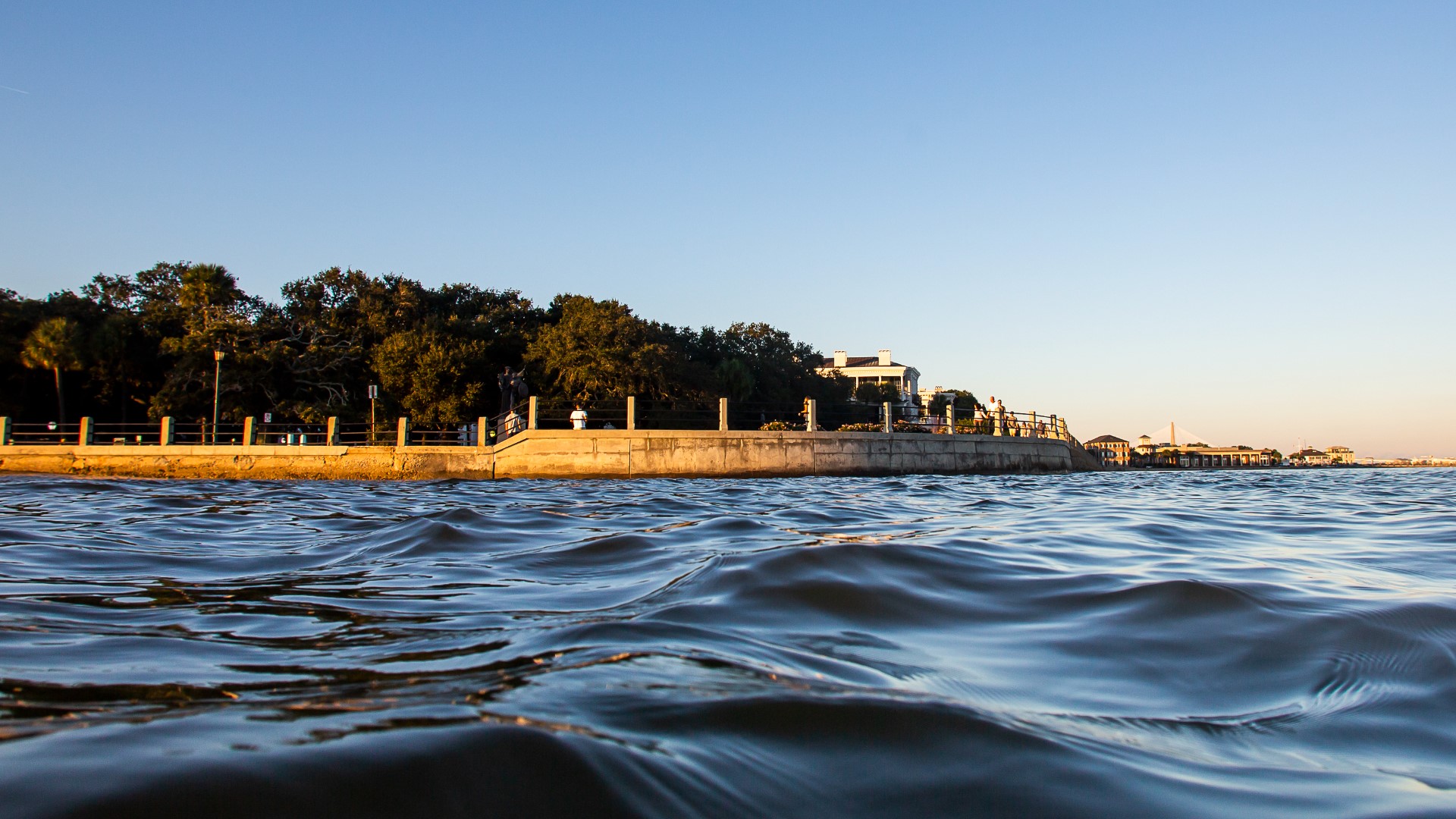ST. PETERSBURG, Fla. — In recent years, Florida has become synonymous with sea level rise. Many projections show certain parts of the Sunshine State having to deal with flooding on nearly a daily basis in the next 30 years.
We've heard all the science and scenarios before. But, what do Florida's communities look like when the inevitable happens — when those living along coastlines are forced to finally leave.
A group of researchers at Florida State University decided to look into the issue and discovered that displacement could lead to the gentrification of many inland regions.
The study primarily focused on three counties: Miami-Dade, Duval and Pinellas. No matter the region, researchers found that low-income households or renters would be the groups most at risk of being displaced if people were forced to move inland.
The areas identified in Pinellas County as having the highest risk of displacement were Clearwater, Largo and North St. Petersburg. Across the board, researchers said White residents would be those most impacted by displacement — whether the risk was low, medium or high. But, it's within those high-risk areas where the seeds of gentrification could possibly be planted.
According to researchers, home values are much lower in high-risk areas which contain a larger majority of renters. Hispanics and African Americans also make up a higher percentage of those facing displacement in high-risk areas.
But, despite the presence of the issue looming over counties, researchers revealed that there is a disconnect between policies on the books and what is being implemented.
Sea level rise seems to be something generally recognized by cities and counties, but researchers said there's very little commitment to addressing the issue in certain places. On the other hand, the study found there were "robust" housing policies in place that protected affordable housing. Still, researchers admitted the current affordable housing crisis many regions are facing reveal those policies are not being implemented properly as well.
However, researchers said there is time for leaders to lay the groundwork for a smooth transition into "a new reality imposed by climate change and sea level rise."
Whether or not the political will is there is something researchers say they won't attempt to answer.

